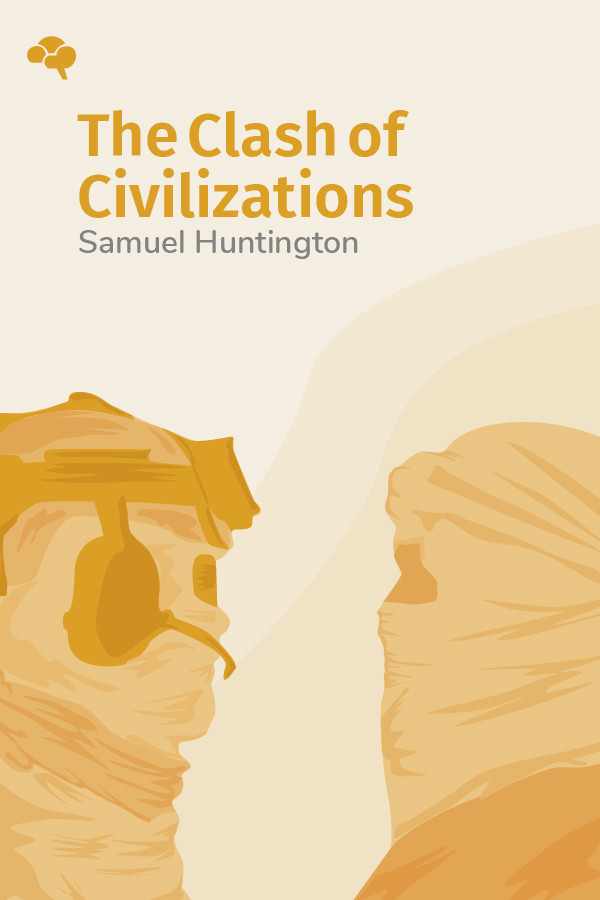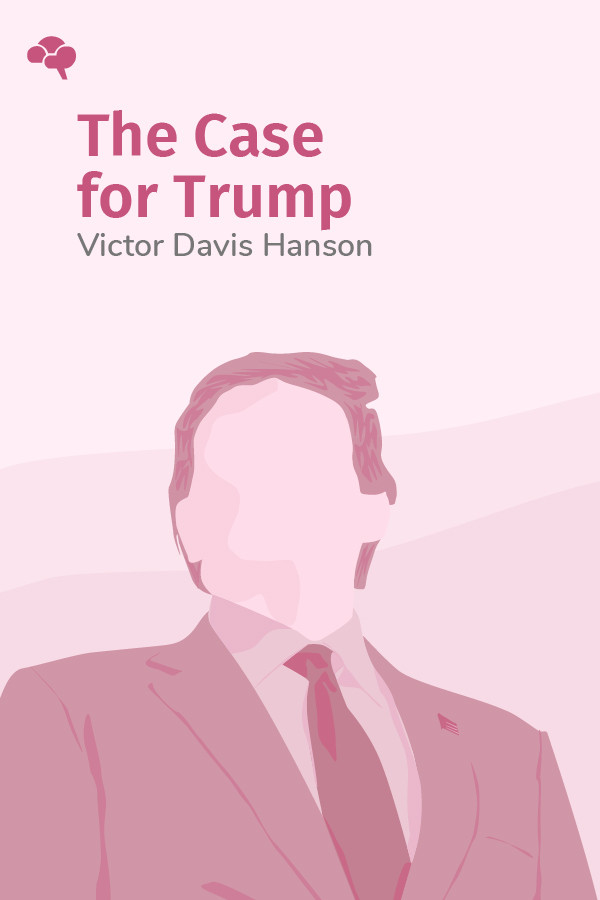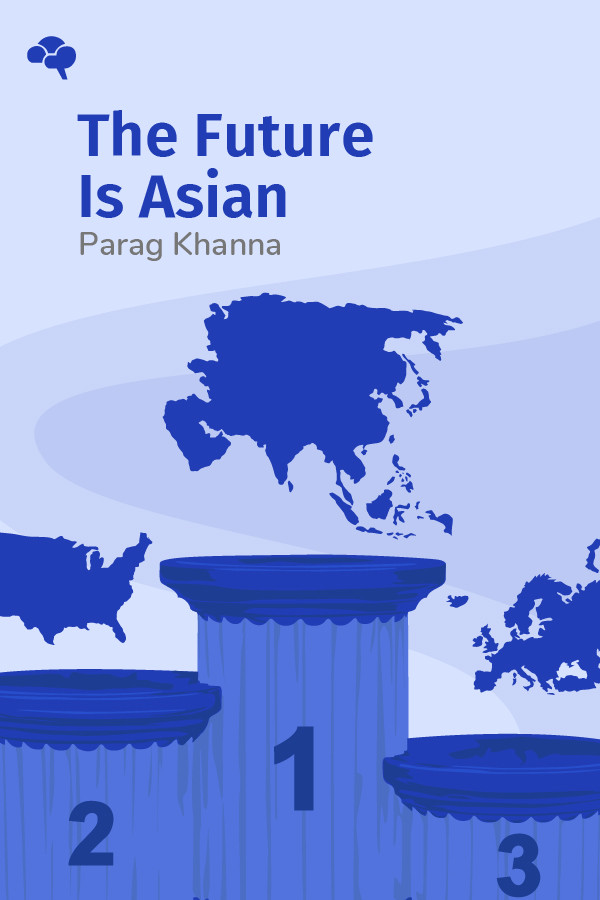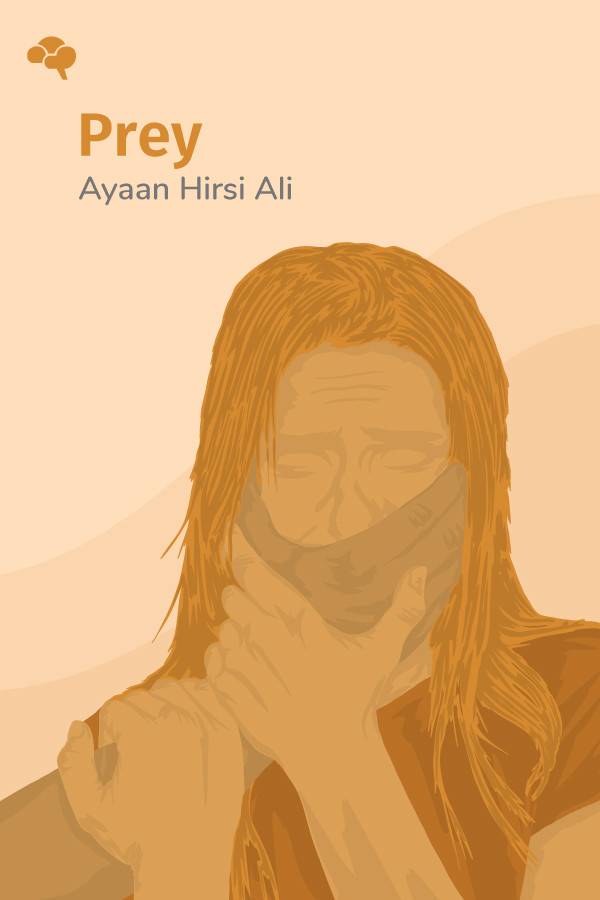
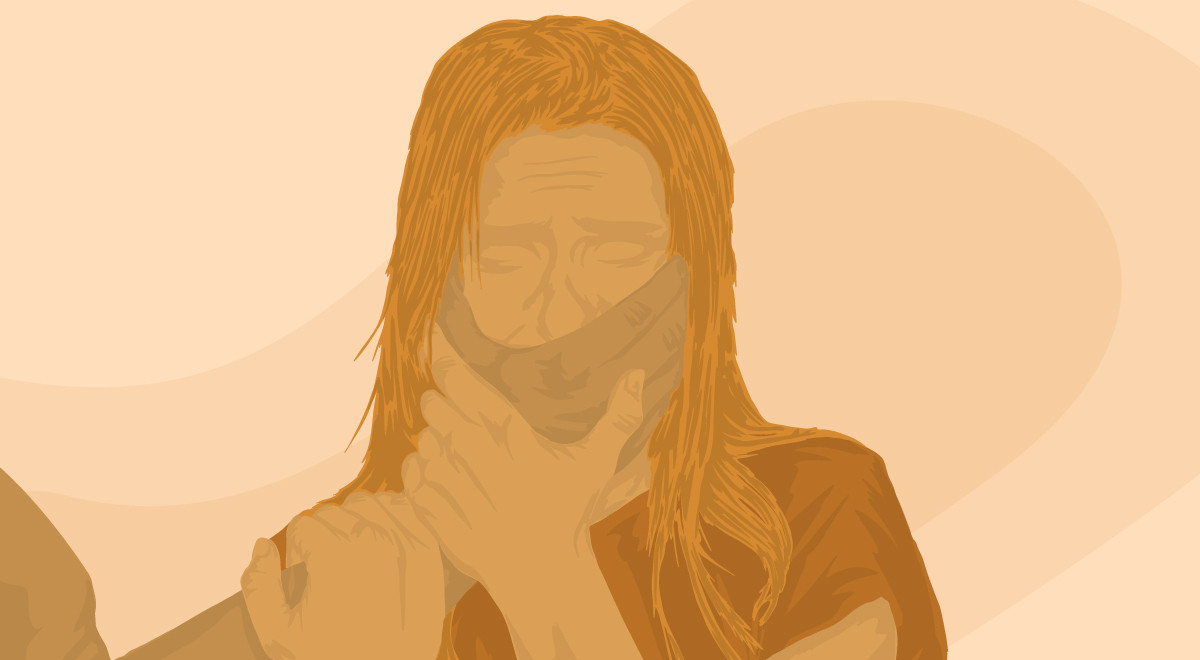
What You'll Learn:
Somali-born women’s rights activist Ayaan Hirsi Ali begins her book by asking, “Where are all the women?” and goes on to explore why women in European cities like Paris, Stockholm, Brussels, and Berlin feel increasingly vulnerable in certain public spaces where they had once walked freely and confidently. Ali distances herself from what she considers progressive denialism on one side and harmful alt-right exaggeration on the other, hoping for a resurgence of constructive conversations about Islamic immigration and its effect on women’s rights. According to Ali, Europe’s dilemma can still be mended and should serve as a warning to the United States.
Key Insights:
- Progressives concerned about fueling alt-right ire should advocate honest conversations about immigration instead of quashing them.
- There have been five major immigration waves in western Europe since World War II, but the fifth is by far the largest.
- Collecting data on violence against women has its challenges, but is not impossible.
- Whatever the official reports don’t capture can be discovered by simply walking around radically transformed neighborhoods.
- Chancellor Angela Merkel’s power shows how far women have come, but the consequences of her 2015 decision reveal how vulnerable women’s rights are.
- Even with declining immigration numbers in Europe, the threats to women’s rights have not abated.
- The real-life Handmaid’s Tale is not coming from evangelicals in North America, but from Muslims in Europe.
